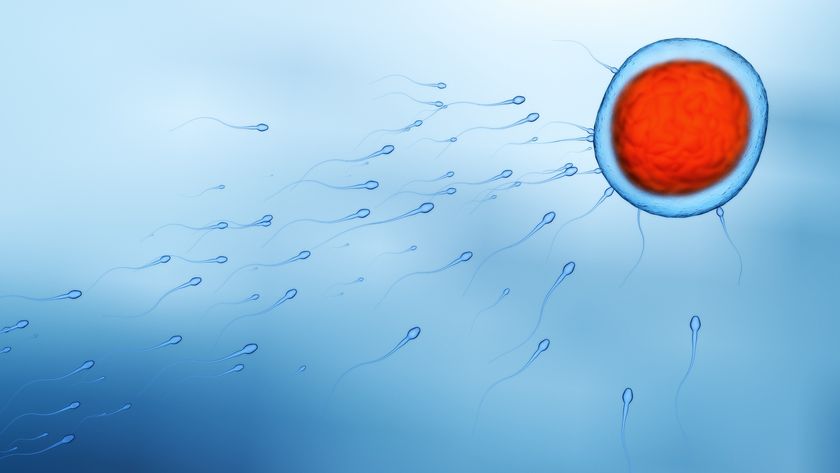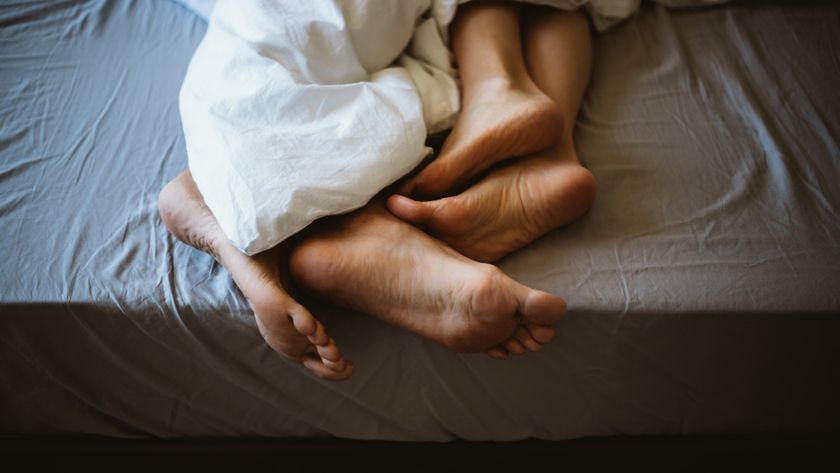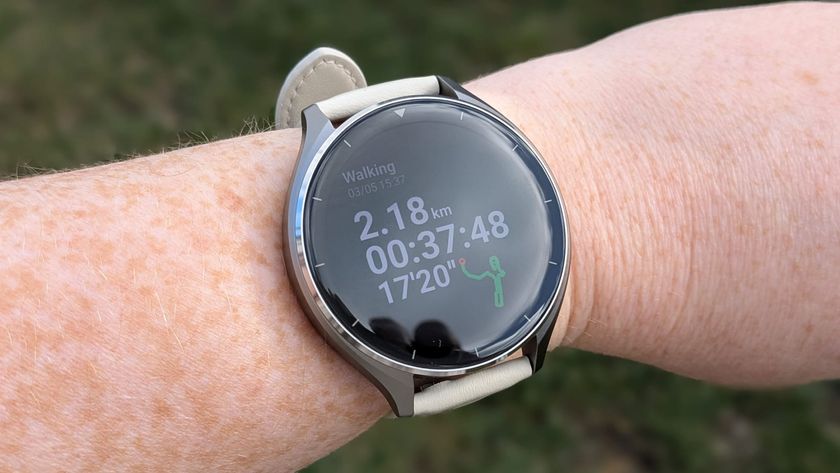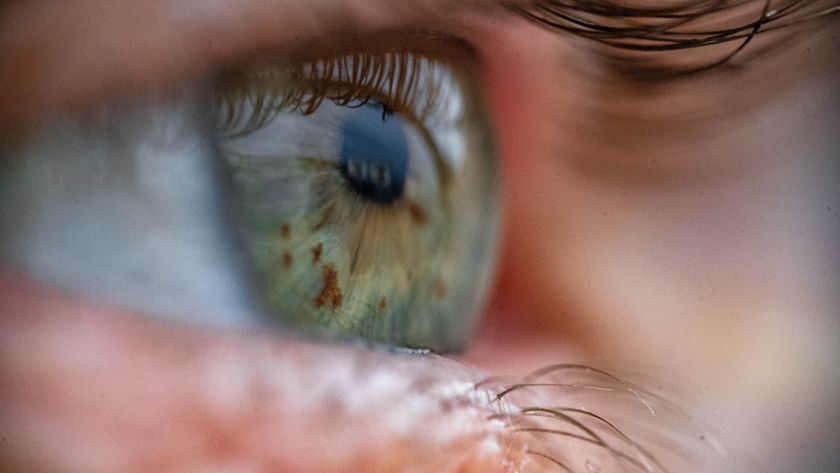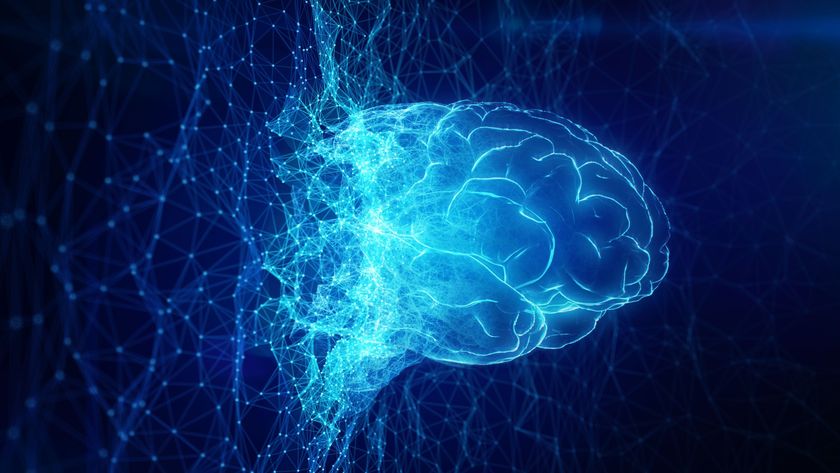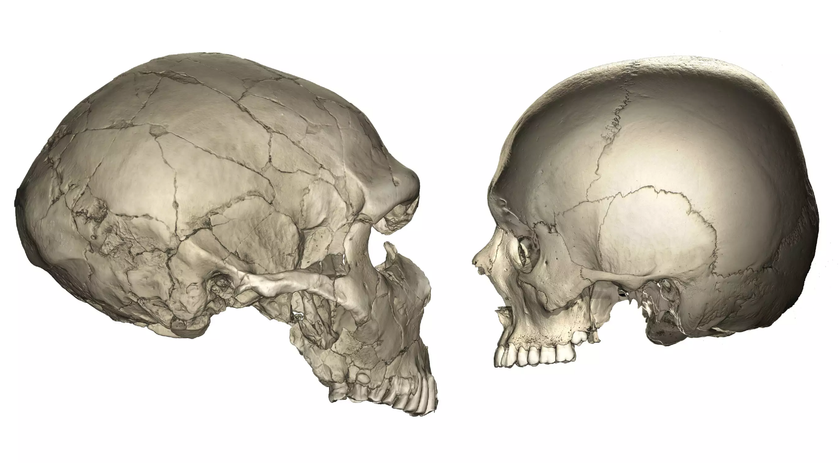What's Sexsomnia?
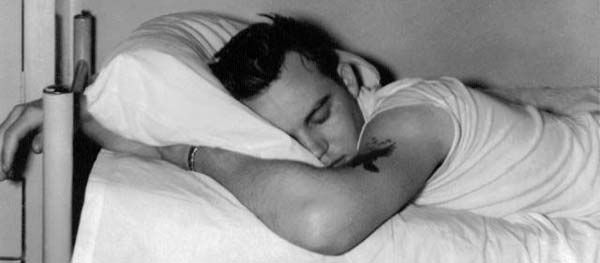
Simply put, sexsomnia is the act of having sex while asleep. But for sleep researchers and legal scholars, it's an emerging sleep disorder with far-reaching implications.
Sexsomnia, or sleep sex, started popping up in scientific case studies in the late 1990s. Behaviors range from groaning to masturbation to full-on sexual intercourse with a bed partner. In one reported case, the recipient of these sexual attentions didn't know her partner was asleep until he started snoring mid-coitus.
Most people with sexsomnia don't remember their sexual antics the next morning, and they often are too embarrassed to tell their doctor about the problem. Because sexsomnia is rare and hard to observe, scientists aren't certain what causes the disorder. Much like sleepwalking, it appears to occur in a deep, dreamless phase of slumber known as non-rapid eye movement sleep . In one survey, published in the journal Social Psychiatry and Psychiatric Epidemiology in 2007, people with sexsomnia reported that accidentally touching their bed partners triggered sleep sex episodes, as did stress and fatigue.
Most controversially, at least five men worldwide have been acquitted of sexual assault by arguing that they had sexsomnia and thus weren't conscious for the crime, triggering debate among lawyers and the public as to whether sleep sex is a valid criminal defense.
The good news, according to the National Sleep Foundation, is that sexsomnia is treatable: Better bedtime habits or anti-anxiety medications can help people sleep through the night and save their amorous adventures for morning.
Sign up for the Live Science daily newsletter now
Get the world’s most fascinating discoveries delivered straight to your inbox.

Stephanie Pappas is a contributing writer for Live Science, covering topics ranging from geoscience to archaeology to the human brain and behavior. She was previously a senior writer for Live Science but is now a freelancer based in Denver, Colorado, and regularly contributes to Scientific American and The Monitor, the monthly magazine of the American Psychological Association. Stephanie received a bachelor's degree in psychology from the University of South Carolina and a graduate certificate in science communication from the University of California, Santa Cruz.
